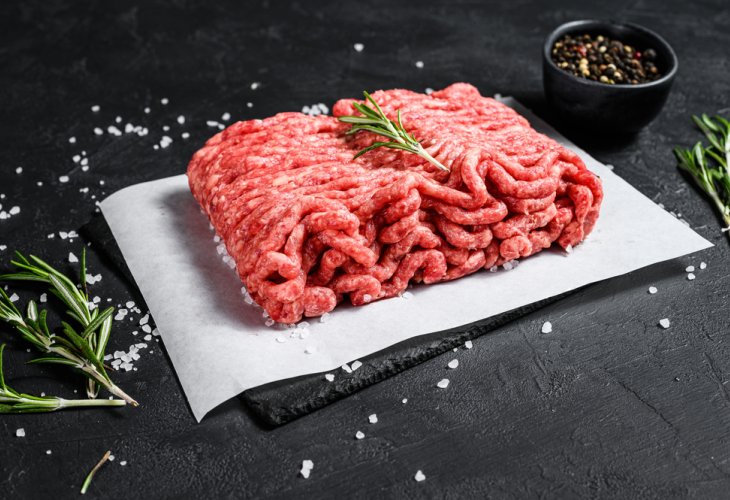Health and Nutrition
10 Foods You Should Never Eat After Their Expiration Date
Common grocery items can pose serious health risks if consumed past their prime. How to spot the danger signs and stay safe.
 (Photo: shutterstock)
(Photo: shutterstock)The expiration date on foods can sometimes leave us scratching our heads. Is it really unsafe to eat foods after the listed date? Apparently, it depends on the product as some foods are more susceptible to contamination than others. Following are 10 foods that require extra caution if the expiration date has passed:
1. Jarred Sauces and Spreads
A sealed jar doesn’t guarantee safety. Once opened, use by the expiration date. If you notice separated liquid, discoloration, or a strange smell, don’t wait for the date, just toss it.
2. Infant Formula
Never use expired baby formula. Infants can't tell you if something tastes off, so it's vital to strictly follow storage instructions and expiration dates.
3. Eggs
Consume them by the date on the shell. Unsure if they’re still fresh? Place one in a glass of cold water:
Fresh = sinks and lies flat
Old = floats upright
Spoiled = floats completely
4. Rye Bread
After the expiration date, rye bread can develop toxic mold. Avoid unnecessary risks.
5. Ground Meat
Use or freeze ground beef or turkey within two days of purchase. It’s highly prone to E. coli, so never consume it past the expiration date.
6. Berries
Berries spoil fast, usually within a few days unless frozen. Once soft or moldy, they may cause nausea or food poisoning.
7. Leafy Greens
Even pre-washed greens can harbor E. coli after a few days. Discard them once they discolor or pass their expiration date.
8. Soft Cheeses
Unlike hard cheeses, soft varieties (ricotta, cream cheese, goat cheese) spoil quickly and are prone to mold and bacteria. Consume them promptly.
9. Fresh Juices
Drink within 2–5 days of purchase. Unlike pasteurized juices, fresh juices can harbor bacteria and spoil quickly.
10. Cold Cuts and Hot Dogs
Consume within 3–5 days of opening, even if vacuum-sealed. They’re vulnerable to Listeria, a bacteria that thrives in cold environments and causes foodborne illness, fever, and muscle pain.
Always check the expiration date, but more importantly, trust your senses. If something smells, looks, or feels off, it’s not worth the risk.
 (Photo: shutterstock)
(Photo: shutterstock)
 (Photo: shutterstock)
(Photo: shutterstock)

